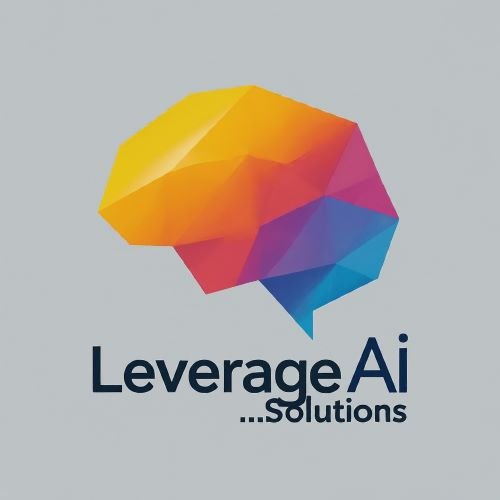Jon Collins Highlights the Intensifying AI Arms Race in the Tech Industry
Jon Collins, with 35 years of IT experience including roles as a software programmer, systems manager, and chief technology officer, now serves as an industry analyst for Gigaom. He asserts that we are currently in the midst of an AI arms race, a situation ignited by the introduction of ChatGPT at the end of 2022. This development has led to the emergence of numerous generative AI systems, now utilized daily by millions to generate art, text, and video content.
For business leaders, the advent of generative AI represents both a significant opportunity and a challenge. These AI systems can process vast amounts of data in minutes, far beyond human capability. This realization has spurred a mix of fear and ambition among companies, keen to leverage AI to outpace competitors, whether through innovation or cost reduction.
In industries like pharmaceuticals, companies are investing in custom AI to accelerate the discovery of new disease treatments. However, the development of such AI systems is costly, requiring teams of data scientists and model engineers with specialized knowledge, not to mention the infrastructure engineers needed to build AI platforms. The scarcity of highly skilled professionals in this field has led to soaring salaries, as noted by Andrew Rogoyski, director of innovation at the Surrey Institute for People-Centred AI at the University of Surrey.
The challenge extends beyond human capital to the physical infrastructure required for AI development. For instance, AI research in cancer drugs might need thousands of the latest computer chips, with hardware costs alone potentially exceeding $60 million, excluding other essential expenses like data storage and networking.
This rapid emergence of AI technology presents a stark contrast to the gradual development of previous technological advancements, such as the internet. While large corporations may have the resources to invest in AI, smaller firms face significant barriers. An example is the Italian startup Restworld, a recruitment platform for the catering industry, which explored AI to enhance its services. Despite the potential costs, the company pursued AI to refine candidate selection and automate the interview process, aiming to expedite recruitment.
As larger companies continue to invest heavily in AI, the technology’s adoption is seen as a Darwinian experiment, with uncertain outcomes. Rogoyski suggests that we may not have a choice but to embrace this evolution, highlighting the experimental nature of AI integration into business and society.
